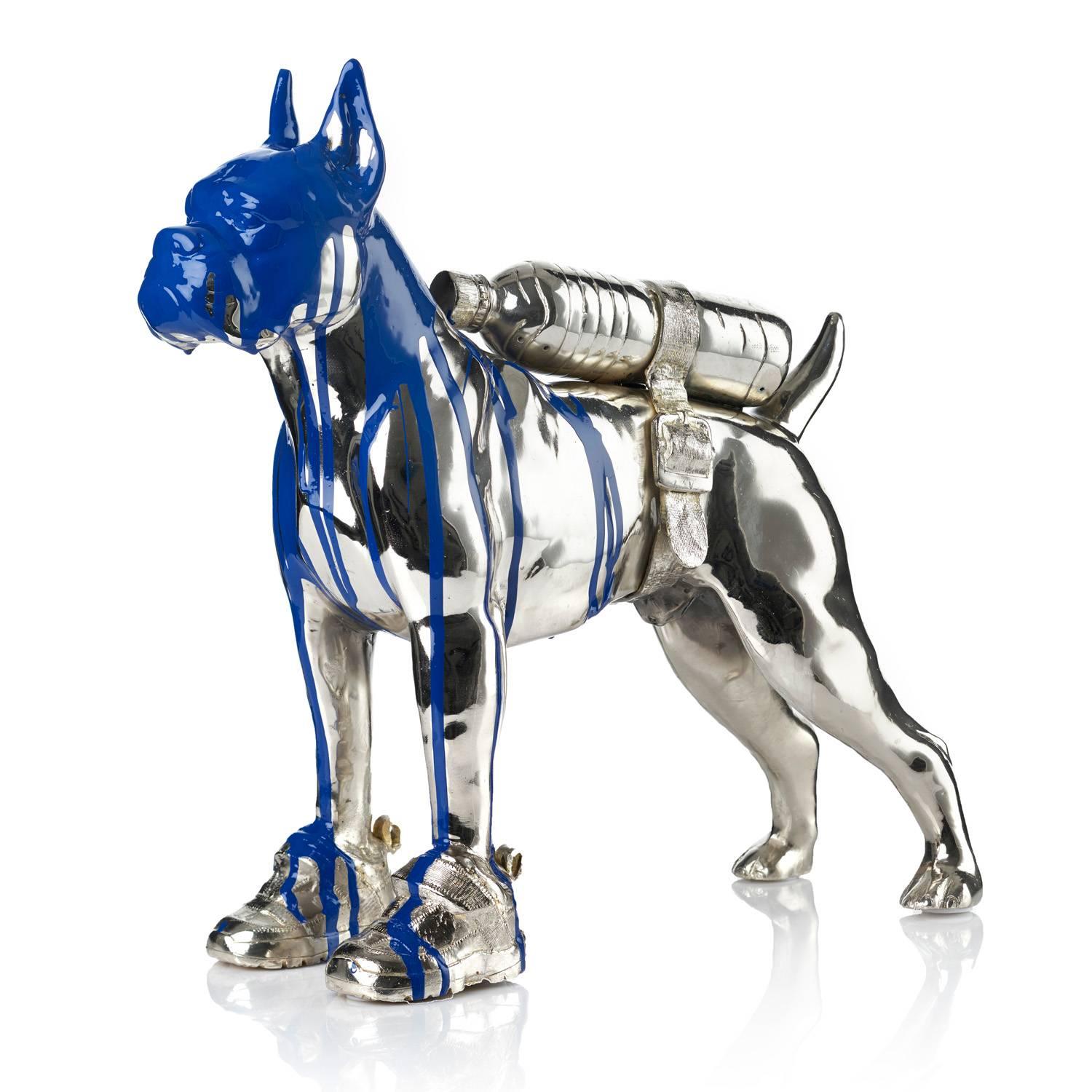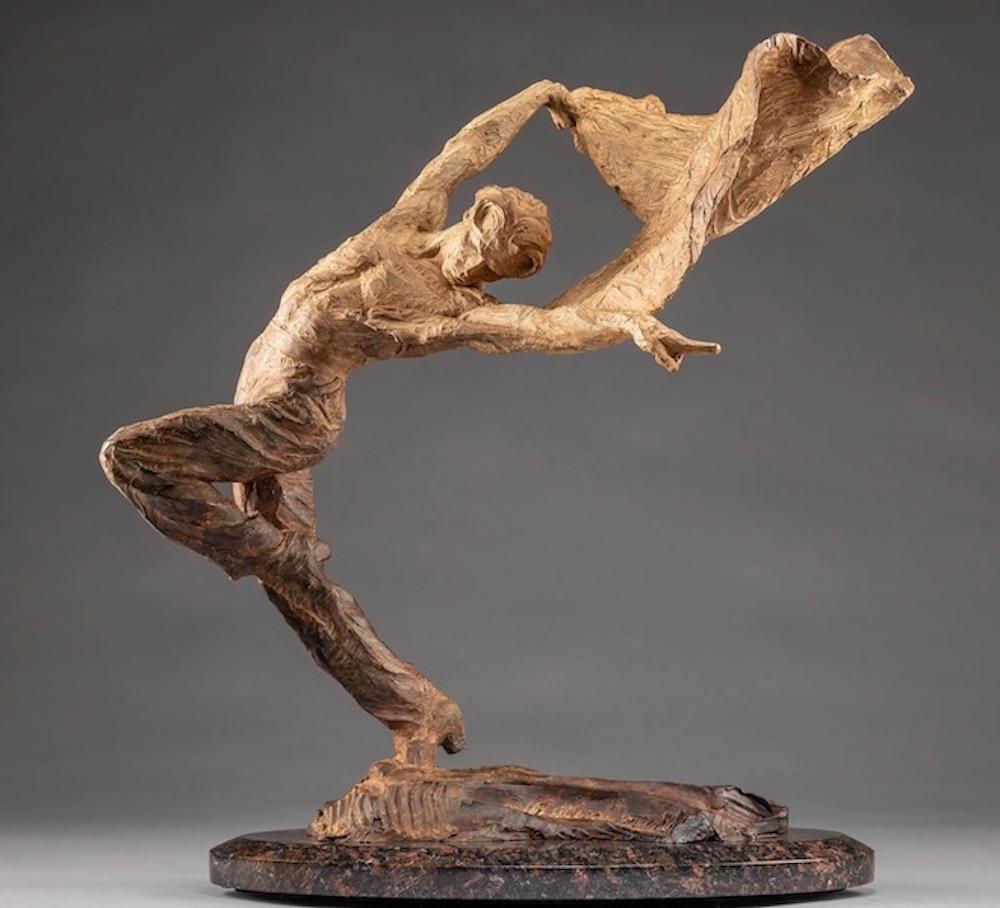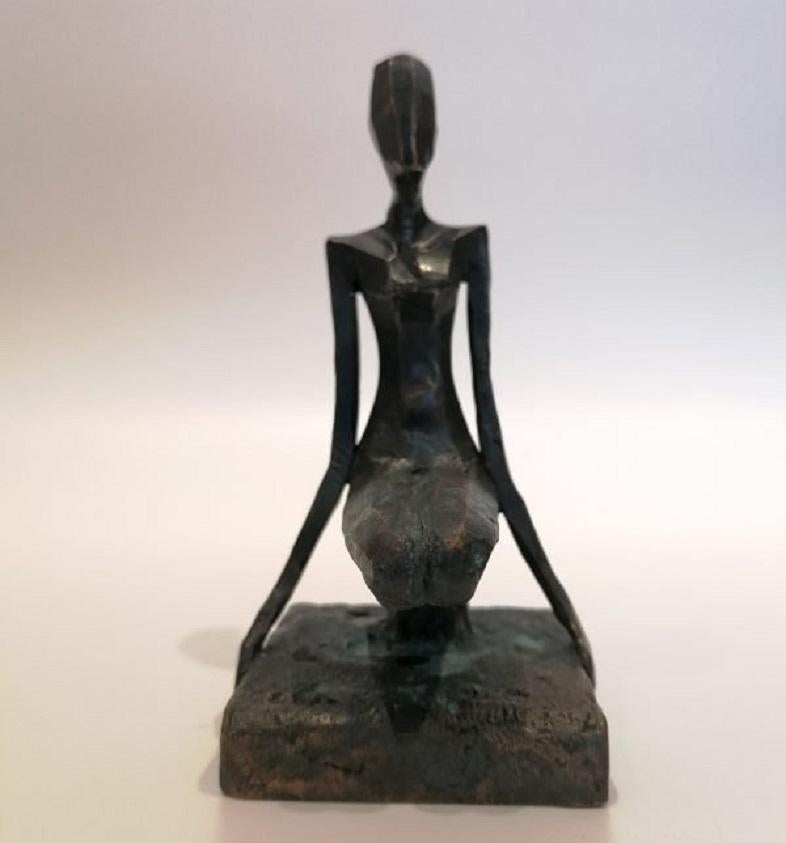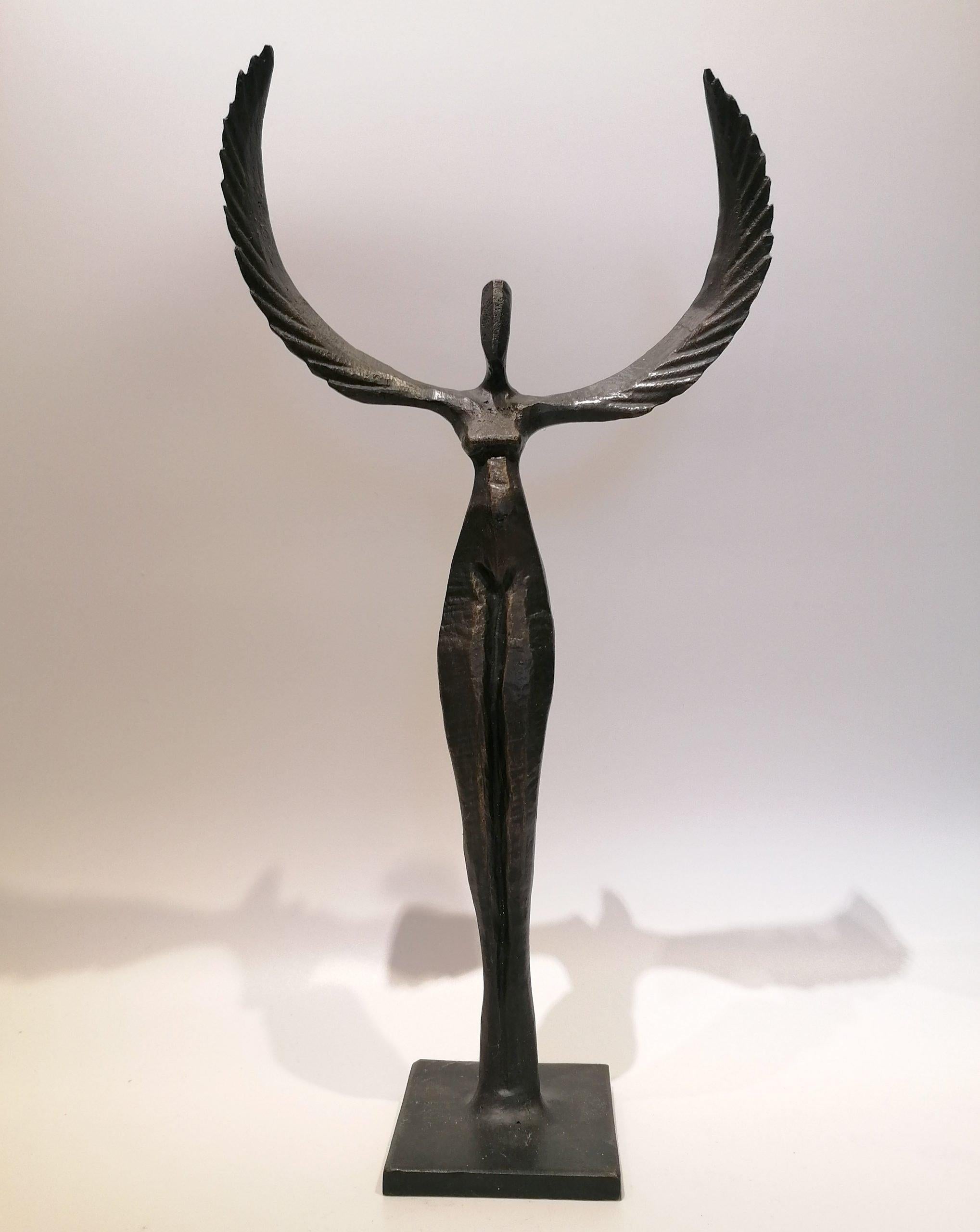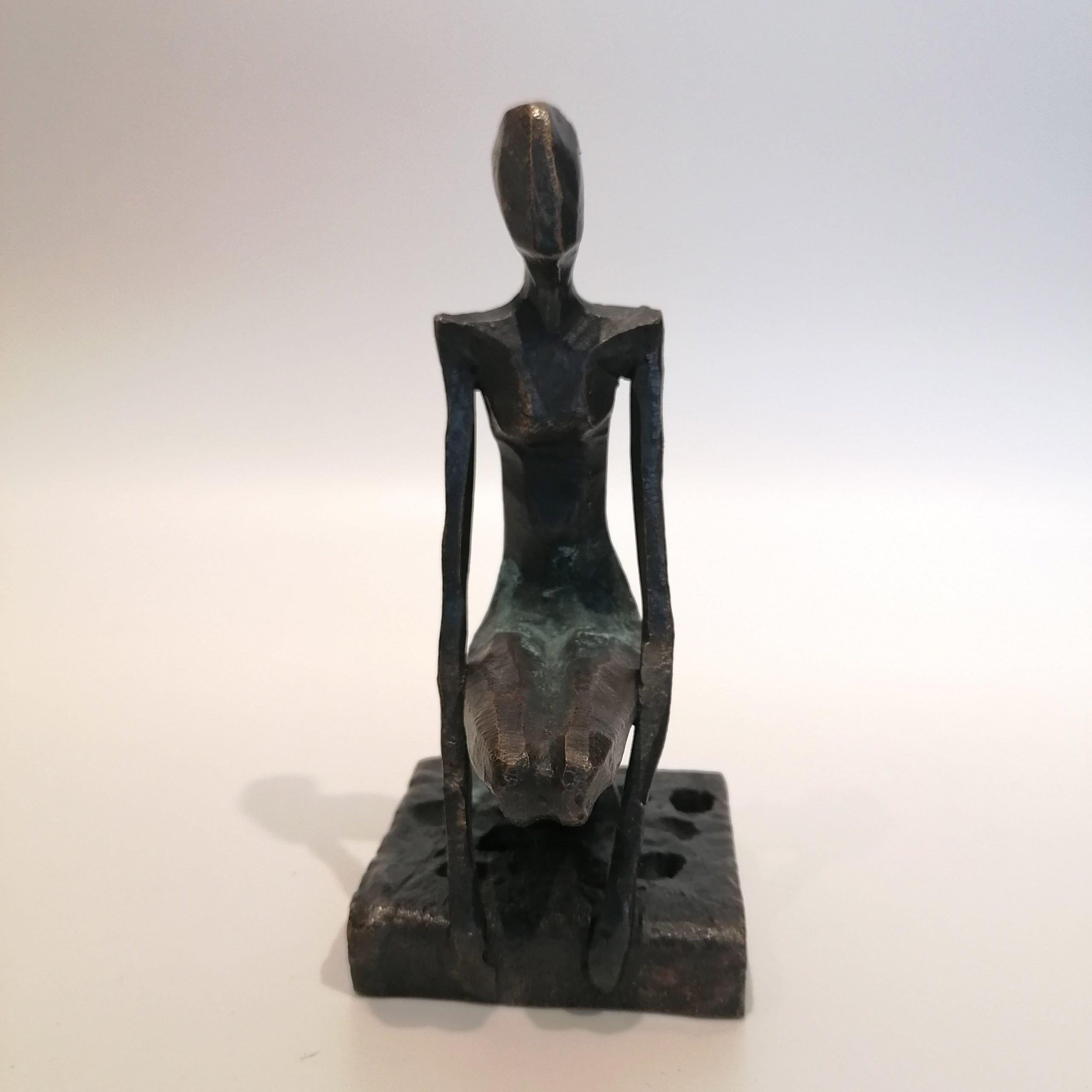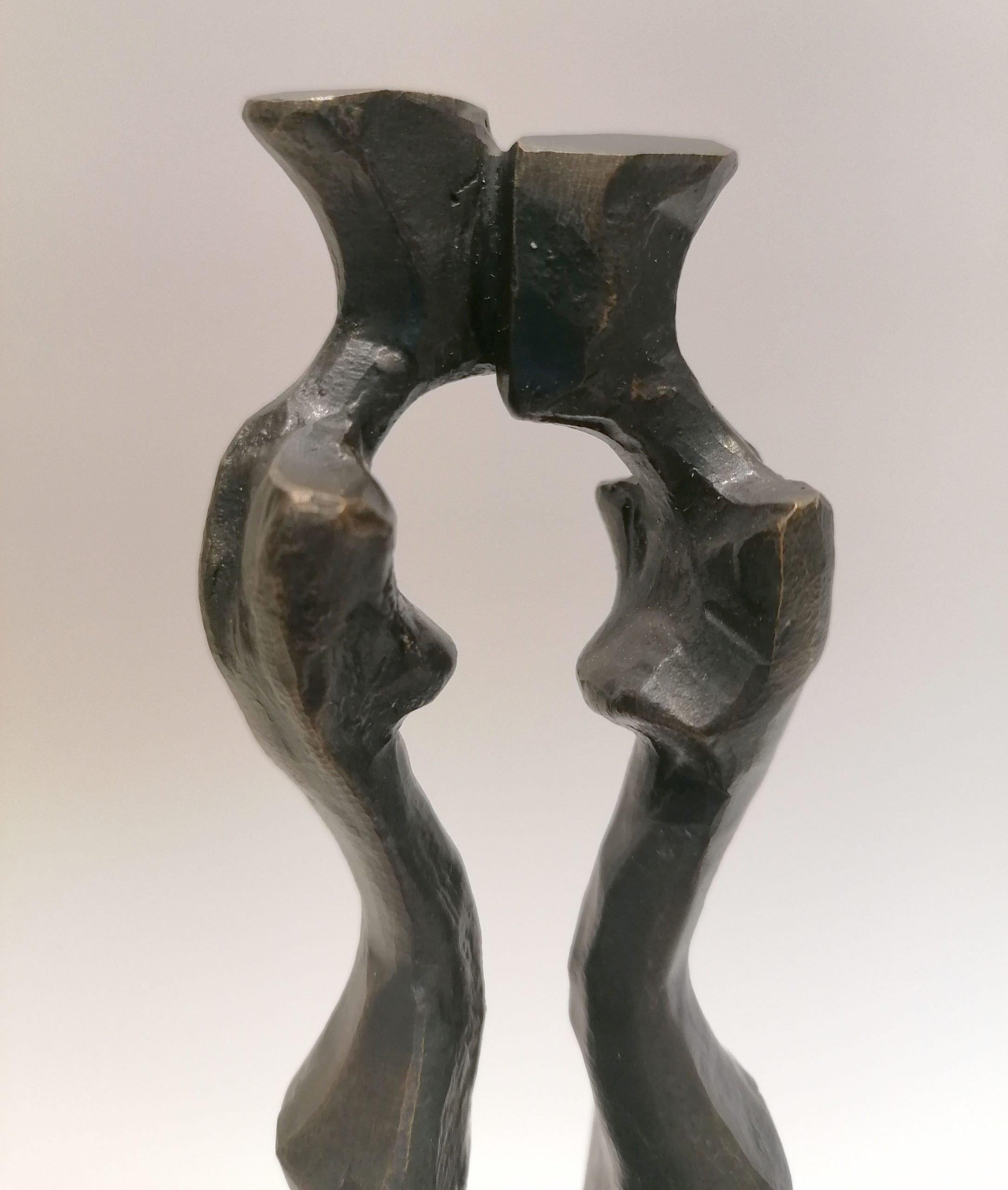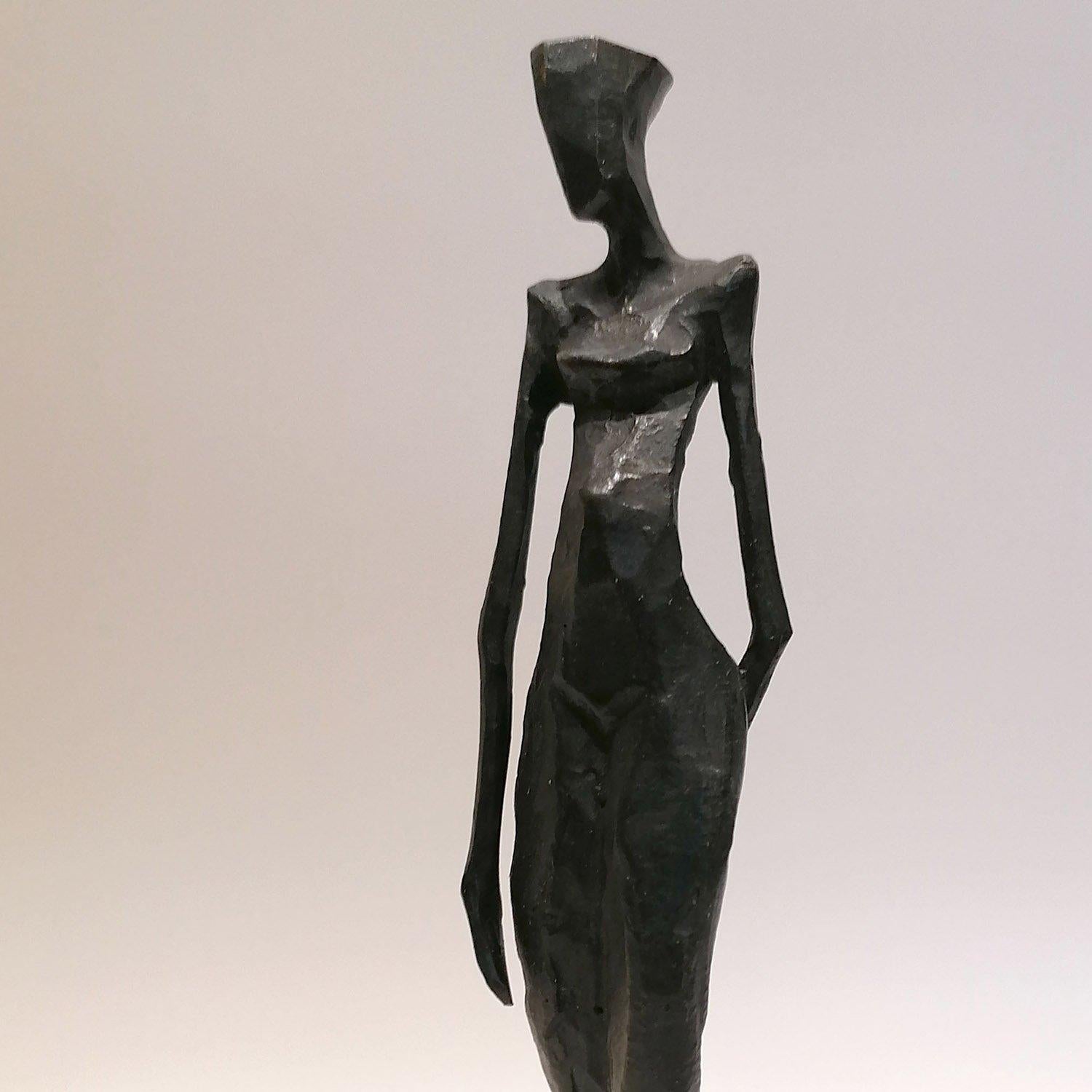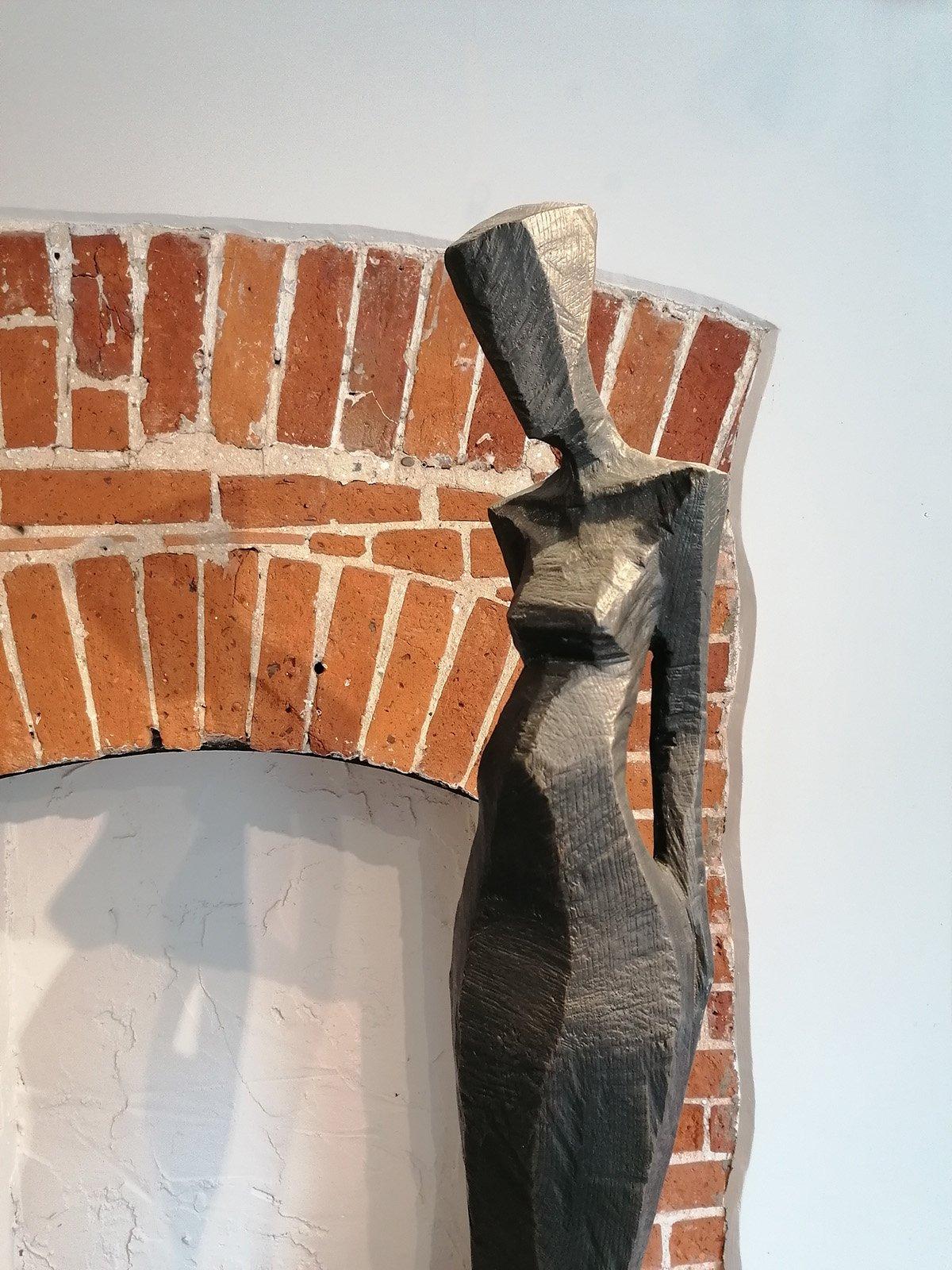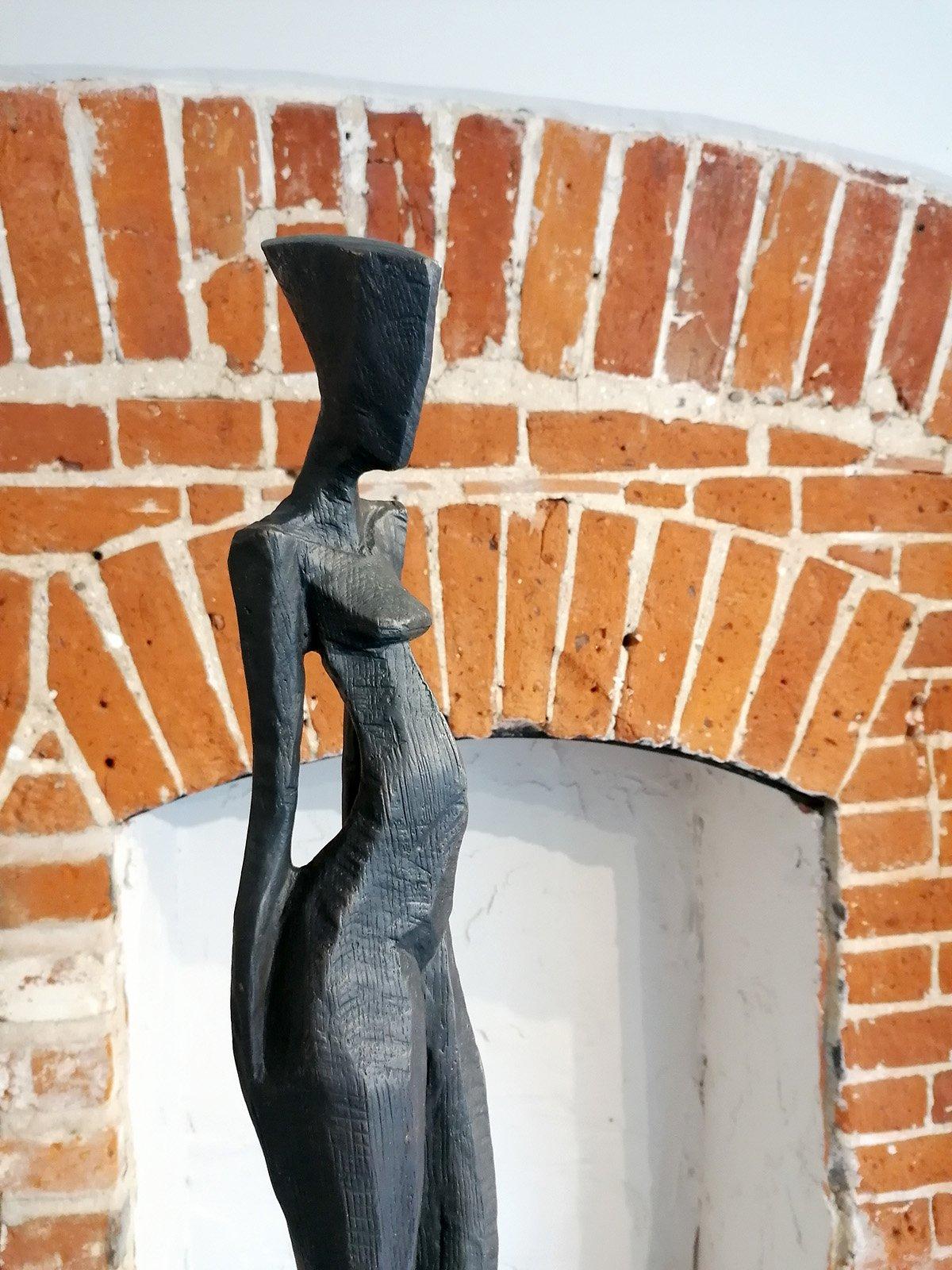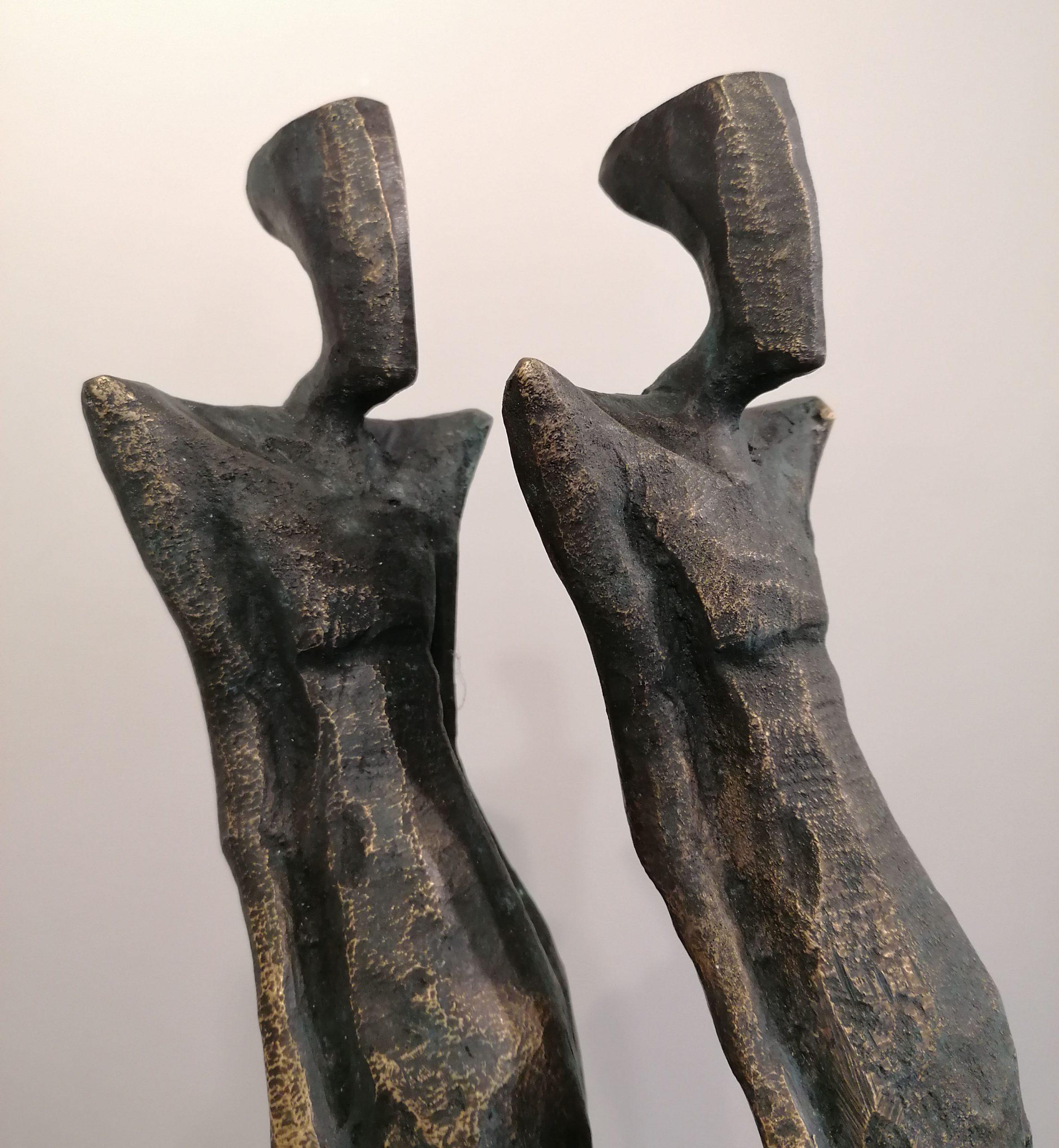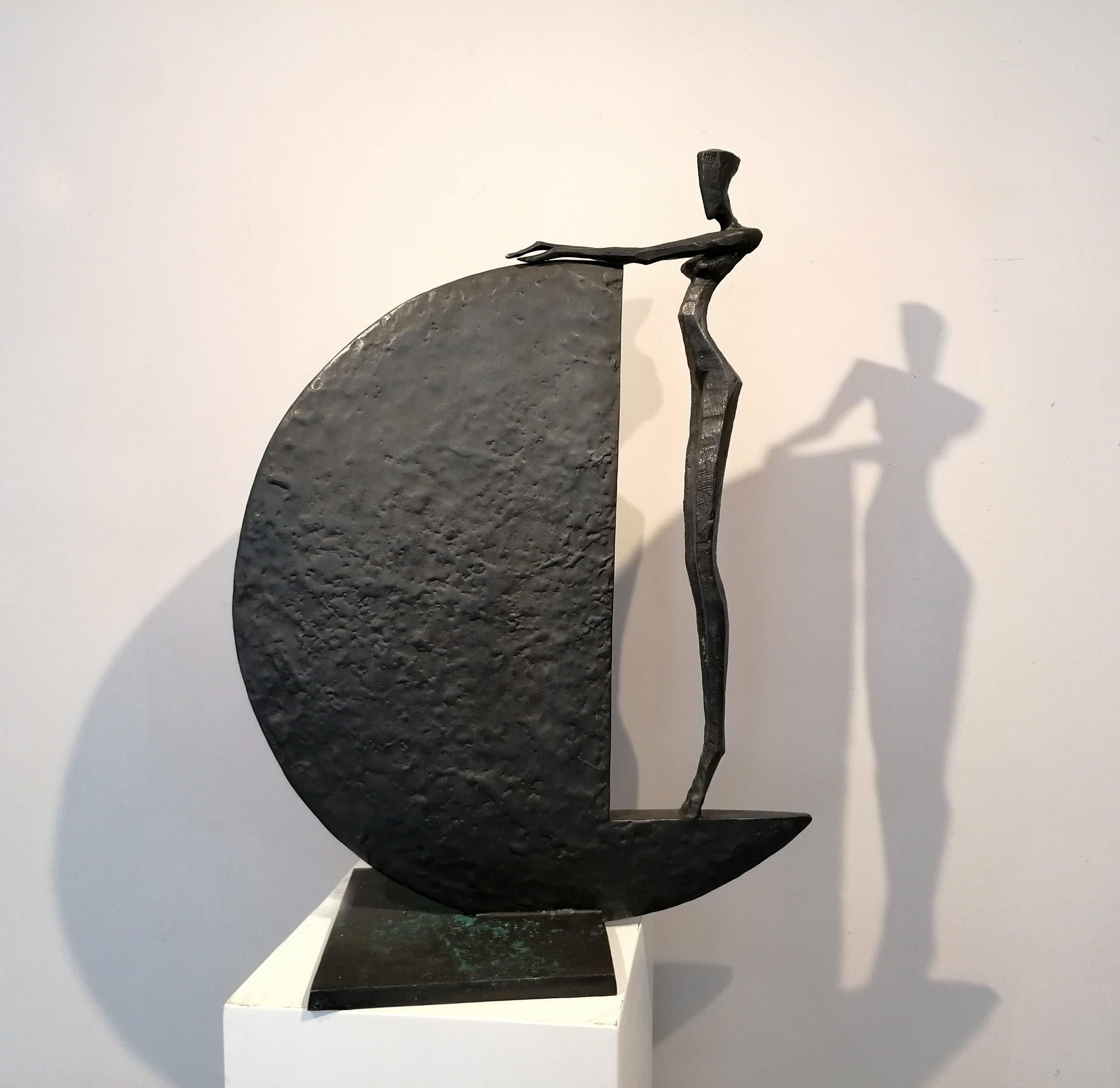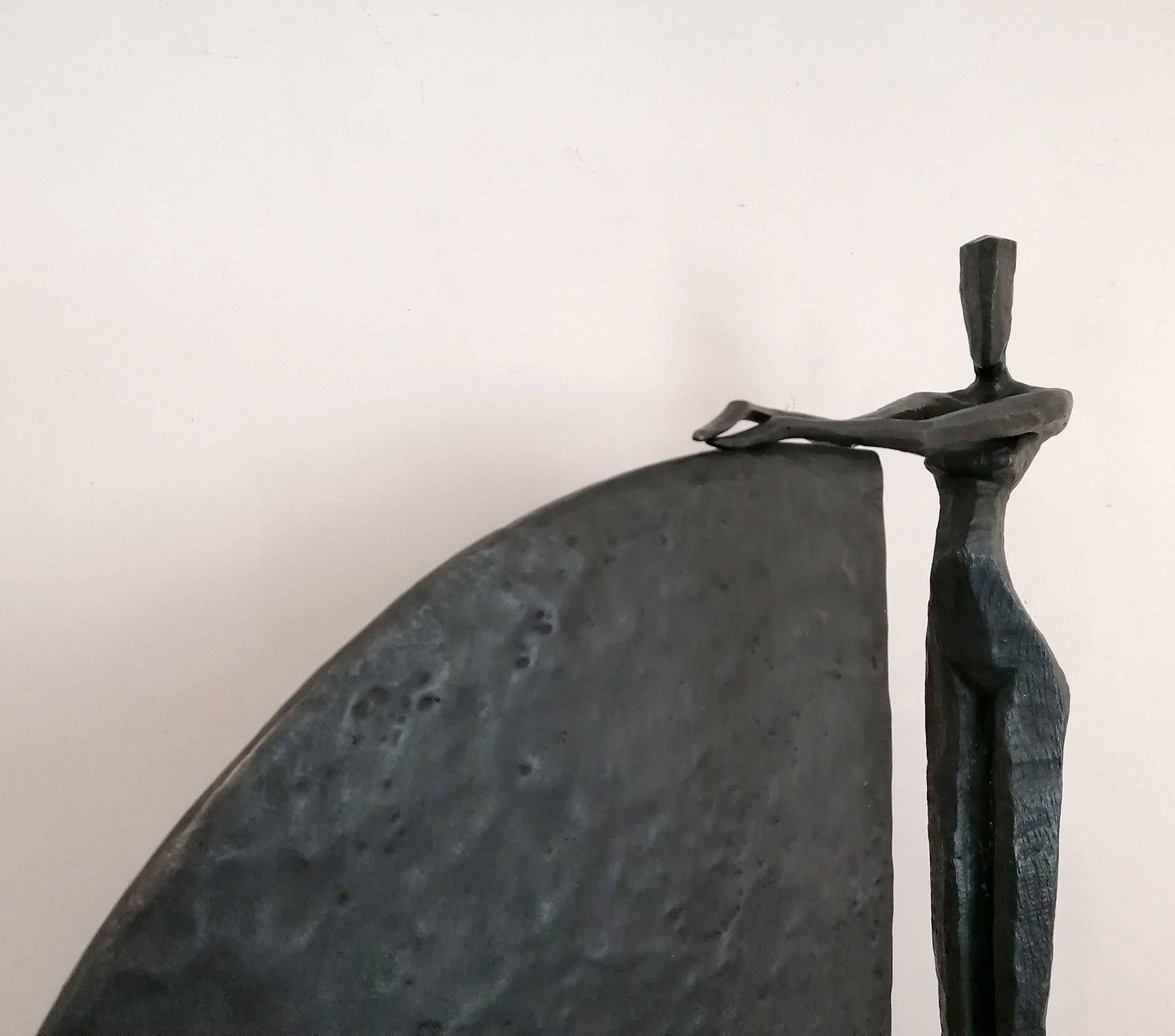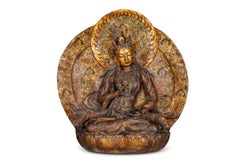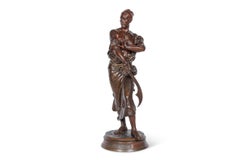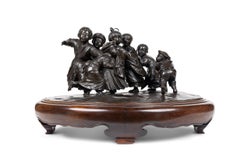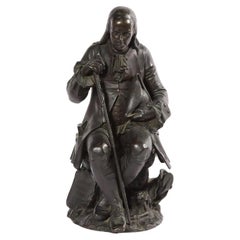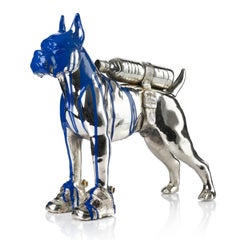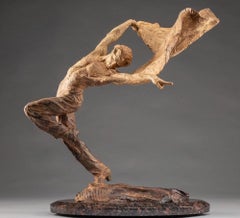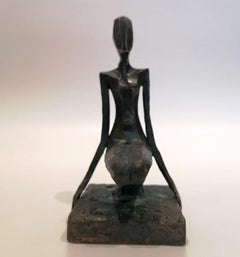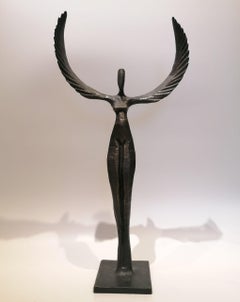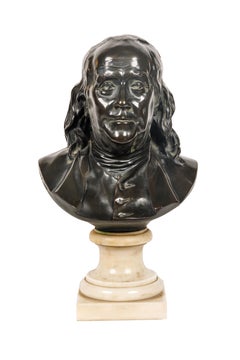
A Bronze Bust of Benjamin Franklin after Houdon
View Similar Items
Video Loading
Want more images or videos?
Request additional images or videos from the seller
1 of 13
A Bronze Bust of Benjamin Franklin after Houdon
About the Item
- Dimensions:Height: 19 in (48.26 cm)Width: 12 in (30.48 cm)Depth: 6 in (15.24 cm)
- Medium:
- After:Jean-Antoine Houdon (1741 - 1828, French)
- Period:
- Condition:
- Gallery Location:New York, NY
- Reference Number:1stDibs: LU1151212024142
About the Seller
5.0
Vetted Professional Seller
Every seller passes strict standards for authenticity and reliability
Established in 1980
1stDibs seller since 2019
13 sales on 1stDibs
Authenticity Guarantee
In the unlikely event there’s an issue with an item’s authenticity, contact us within 1 year for a full refund. DetailsMoney-Back Guarantee
If your item is not as described, is damaged in transit, or does not arrive, contact us within 7 days for a full refund. Details24-Hour Cancellation
You have a 24-hour grace period in which to reconsider your purchase, with no questions asked.Vetted Professional Sellers
Our world-class sellers must adhere to strict standards for service and quality, maintaining the integrity of our listings.Price-Match Guarantee
If you find that a seller listed the same item for a lower price elsewhere, we’ll match it.Trusted Global Delivery
Our best-in-class carrier network provides specialized shipping options worldwide, including custom delivery.More From This Seller
View AllA Monumental Gilt-Lacquered Bronze Ornamental Sculpture of Vajravidarana
Located in New York, NY
A Monumental Gilt-Lacquered Bronze Ornamental Buddha Sculpture of Vajravidarana:
A Masterpiece of Sino-Tibetan Craftsmanship, Late 19th Century, Qing Dynasty
This monumental gilt-lacquered bronze ornamental sculpture of Vajravidarana is an extraordinary and commanding piece of art, showcasing the pinnacle of Sino-Tibetan craftsmanship from the late 19th century. The figure of Vajravidarana, a powerful purification deity in Tibetan Buddhism, is meticulously sculpted to embody both spiritual authority and artistic excellence.
Vajravidarana is primarily known for his role in removing spiritual impurities and negativities. Unlike other deities associated with wisdom or compassion, Vajravidarana’s function is centered on purification and healing. He is typically depicted holding a vajra and a bell, symbolizing the cutting away of delusions and the resonance of divine truth. In this striking sculpture, Vajravidarana is shown holding a vishva vajra (the double vajra), a unique and powerful variation of the traditional iconography, which signifies ultimate protection and the dispelling of negative karma.
Vajravidarana: The Supreme Purifier and Protector
Vajravidarana is revered in Tibetan Buddhism as the deity of spiritual purification, called upon to cleanse practitioners of defilements and negative influences. His vajra represents the indestructibility of truth, while his bell signifies the wisdom that resonates through purification rituals. In this sculpture, the presence of the vishva vajra, or double vajra, enhances his association with supreme protection, ensuring the destruction of all spiritual obstacles and afflictions.
The figure’s powerful yet composed expression conveys a sense of unwavering resolve and divine authority. His posture, along with the carefully sculpted details of his robes and ornaments, highlights his function as a guardian against impurity. The inclusion of the vishva vajra rather than the usual single vajra reinforces his role as a supreme protector, capable of dispelling all forms of negativity and restoring balance.
Symbolism of the Mantras and Aureole:
Unlike deities that embody wisdom through duality, Vajravidarana’s iconography is centered on purification and exorcism. The aureole surrounding him is inscribed with sacred purification mantras rather than depictions of a consort. These mantras emphasize his function as a remover of obstacles and impurities, reinforcing his role in Buddhist healing rituals.
The presence of the sacred inscriptions elevates the sculpture’s spiritual significance, making it a focal point for meditation and ritual purification. Practitioners often visualize Vajravidarana radiating purifying light, dissolving afflictions and negative karma. This theme is mirrored in the sculptural repetition of the purification symbols on the aureole, reinforcing the deity’s role as a divine cleanser.
Gilt-Lacquered Bronze: The Artistry of Sino-Tibetan Metalwork:
The craftsmanship of this monumental figure reflects the expertise of late 19th-century Sino-Tibetan metalwork, where traditional Tibetan themes were infused with Chinese artistic sensibilities. Cast in bronze and finished with a rich gilt lacquer, the statue has an otherworldly glow, giving it an ethereal, almost divine presence. The gilding process—applied with exceptional skill—gives the sculpture a striking luminosity that enhances the fine details of the facial features, flowing robes, jewelry, and other elements of the deity’s attire.
The technique employed to create this figure speaks to the high level of craftsmanship that flourished during the late Qing Dynasty and early modern Tibetan art. The ornate details of the robes and the fine texture of the sculpture highlight the exceptional skill of the artisans who brought this work to life. The use of gold and lacquer not only reflects the preciousness of the sculpture but also its spiritual significance as an object meant to inspire reverence and meditation.
An Ornamental Sculpture of Monumental Scale:
Unlike smaller devotional objects, this sculpture is designed as an ornamental masterpiece, intended to make a grand visual and spiritual statement. Its monumental size allows it to dominate any space, offering a commanding presence that is both physically and symbolically impressive. In Buddhist practice, large sculptures of this nature are often placed in temples or meditation halls, where their imposing size and serene presence would encourage contemplation and devotion.
The grand scale of the statue further amplifies the spiritual power it is meant to convey. As a representation of Vajravidarana, it is not only a physical object of beauty but also a conduit for meditation, purification, and enlightenment. The scale of the sculpture also emphasizes the divine stature of the deity, highlighting his importance in the Buddhist tradition as the ultimate force for spiritual cleansing and protection.
Provenance:
Acquired in China in circa 1900
1905 Private Buddhist Temple, Northeast, USA
Private Sale
Solomon Treasure...
Category
19th Century Figurative Sculptures
Materials
Bronze
Le Garde Du Harem, A Monumental Orientalist Bronze Sculpture by G. Coudray
By Georges Charles Coudray
Located in New York, NY
Le Garde Du Harem, "The Harem Guard" A Monumental Orientalist Patinated Bronze Sculpture by Georges Charles Coudray (French, 1862-1932)
Le Gar...
Category
19th Century Figurative Sculptures
Materials
Bronze
A Large and Exceptional Japanese Meiji Period Tokyo School Bronze Sculpture
Located in New York, NY
Presenting an extraordinary Large and Exceptional Japanese Meiji Period Tokyo School Bronze Sculpture depicting a delightful ensemble of six energe...
Category
19th Century Figurative Sculptures
Materials
Bronze
Rare Patinated Bronze Sculpture of Benjamin Franklin, by A. Carrier-Belleuse
By Albert-Ernest Carrier-Belleuse
Located in New York, NY
Albert-Ernest Carrier-Belleuse (France, 1824-1887)
A rare seated bronze statue of Benjamin Franklin holding his walking stick and hat, with a book in his ri...
Category
19th Century Academic Figurative Sculptures
Materials
Bronze
A Monumental Patinated Bronze Bust of Jesus Christ by Clesinger and Barbedienne
By Ferdinand Barbedienne
Located in New York, NY
A Monumental and Truly Exceptional French Patinated Bronze Bust of Jesus Christ, Circa 1858, Signed J. Clesinger, Rome 1858 & F. Barbedienne Fondeur
This monumental and extraordinar...
Category
19th Century Figurative Sculptures
Materials
Bronze
Emile-Edmond Peynot "Albaya' El Tunsi" The Tunisian Merchant Bronze, 1883
Located in New York, NY
Émile-Edmond Peynot, (French, 1850 -1932)
An exceptional, exquisite and rare orientalist bronze sculpture titled Albaya' El Tunsi / The Tunisian Merchant / The Arab rifleman.
Dep...
Category
19th Century Figurative Sculptures
Materials
Bronze
You May Also Like
Cloned Bulldog with pet bottle
By William Sweetlove
Located in Malmo, SE
Original sculpture 6/8 ex.
2011 - 2020.
Silver plated bronze.
Acquired directly from the artist.
Free shipment worldwide.
William Sweetlove, born in Ostend, Belgium, in 1949, unites...
Category
2010s Pop Art Figurative Sculptures
Materials
Bronze, Silver
Capeo Flamenco
By Richard MacDonald
Located in Laguna Beach, CA
Some say the word Flamenco comes from the Spanish, flama, or “flame.” Richard MacDonald’s Flamenco Series employ that definition on many levels. While the studies depict a male figur...
Category
21st Century and Contemporary Contemporary Figurative Sculptures
Materials
Bronze
Price Upon Request
Sue by Nando Kallweit. Bronze sculpture of human figure. Serial unique.
By Nando Kallweit
Located in Coltishall, GB
Nando Kallweit Sue unique bronze sculpture
Dimensions: 22cm tall
Serial Unique
Category
21st Century and Contemporary Other Art Style Figurative Sculptures
Materials
Bronze
Helena III by Nando Kallweit. Elegant figurative bronze sculpture.
By Nando Kallweit
Located in Coltishall, GB
Nando Kallweit Helena III bronze sculpture, edition of 25
Dimensions: 37cm tall
Category
21st Century and Contemporary Other Art Style Figurative Sculptures
Materials
Bronze
Steff by Nando Kallweit. Bronze sculpture of human figure. Serial Unique.
By Nando Kallweit
Located in Coltishall, GB
Nando Kallweit Steff unique bronze sculpture
Dimensions: 14cm tall
Serial Unique
Category
21st Century and Contemporary Other Art Style Figurative Sculptures
Materials
Bronze
En Amore II by Nando Kallweit - Elegant figurative bronze Sculpture
By Nando Kallweit
Located in Coltishall, GB
En Amore II is an elegant figurative bronze sculpture about love and companionship by Nando Kallweit.
Nando handcrafts a wax model then creates a mould and pours his molten bronze i...
Category
21st Century and Contemporary Other Art Style Figurative Sculptures
Materials
Bronze
